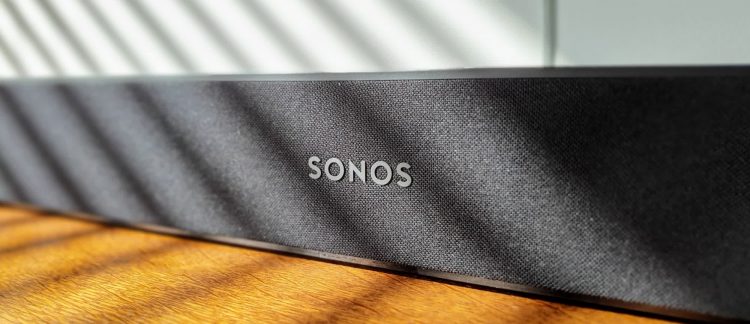Recap: Google and Sonos cooperated on smart speaker tech almost a decade ago, but their relationship turned sour since Google became a major competitor in the space. The company’s latest charges follow a courtroom loss to Sonos earlier this year.
Google opened two lawsuits against wireless speaker company Sonos this week, alleging infringement on some of its speaker and voice control technology. The two companies have gone back and forth over speaker patents for years.
The search engine giant has accused Sonos of infringing on technologies including “hotword” detection, wireless charging, and how groups of speakers determine which one responds to voice input.
Google is filing both lawsuits on Monday in the United States District Court for the Northern District of California. Through similar suits with the US International Trade Commission, it also plans to ban imports of infringing Sonos products.
Sonos told The Verge that Google is trying to intimidate it and retaliate after a January court decision in Sonos’ favor. Sonos also accused Google of monopolistic behavior, avoiding royalty payments, and trying to snuff out smaller competitors.
Google said Sonos is spreading misinformation about its products.
This saga started in 2013 when the two companies collaborated to make Google Music work with Sonos speakers. When Google later released Google Home, Pixel phones, and the Chromecast, Sonos accused it of using information gained from their partnership for its products. It opened a lawsuit in January 2020, with both sides countersuing each other soon after.
In January of this year, a US trade court ruled that Google infringed on some of Sonos’s patents, banning the import of some Google products. Due to the ruling, Google had to issue software patches to its speakers, which degraded their functionality. For instance, users could no longer simultaneously change the volume on multiple speakers, and Google customers reacted angrily.
Google isn’t the only big player Sonos has attacked. In 2020 its CEO accused Amazon of “predatory pricing” for selling its Echo speakers well below cost. Companies like Amazon and Google have ample revenue streams that easily subsidize such products, while Sonos has no such luxury. Amazon currently dominates the US smart speaker market with a 70-percent market share, while Google has about 25 percent.
Source by www.techspot.com





























